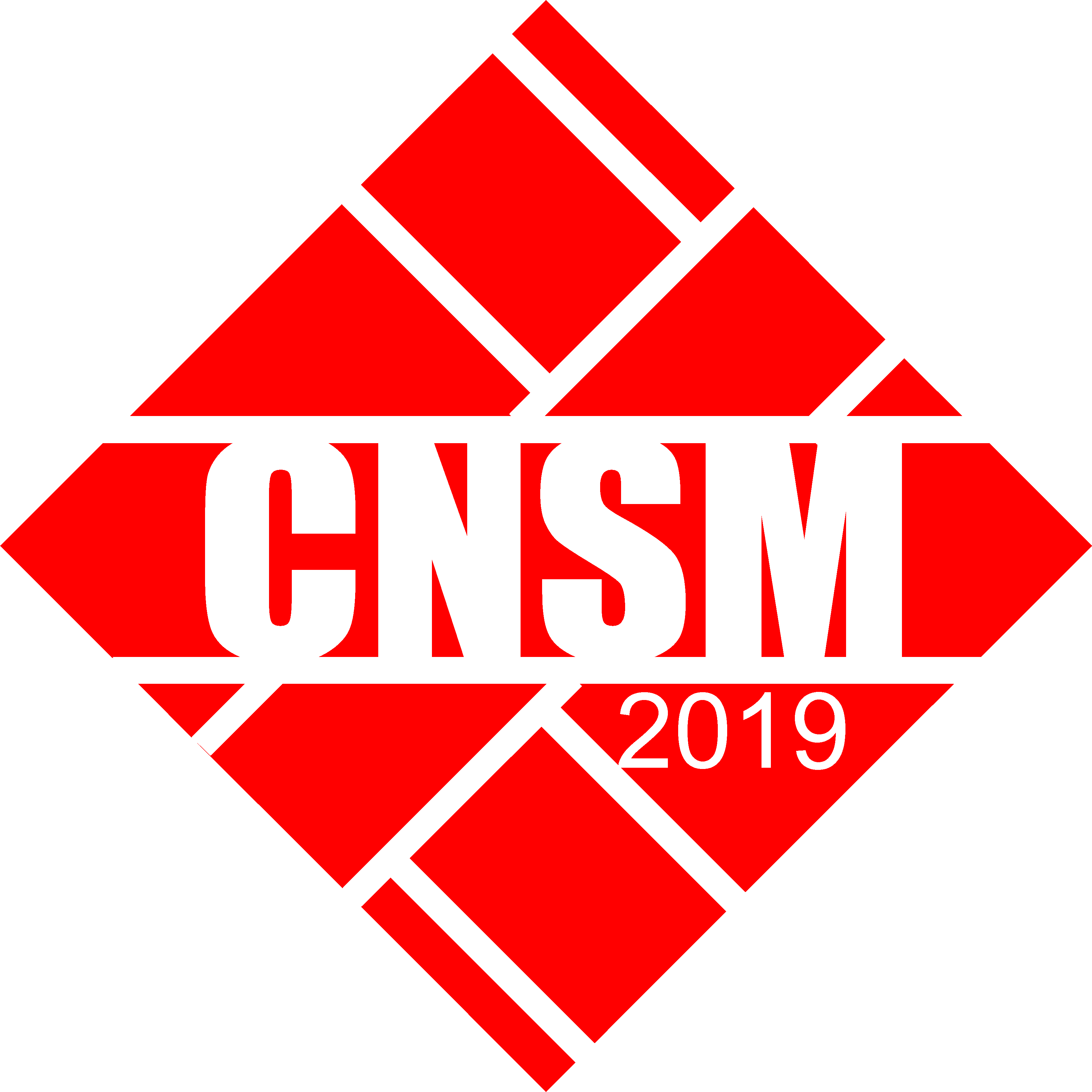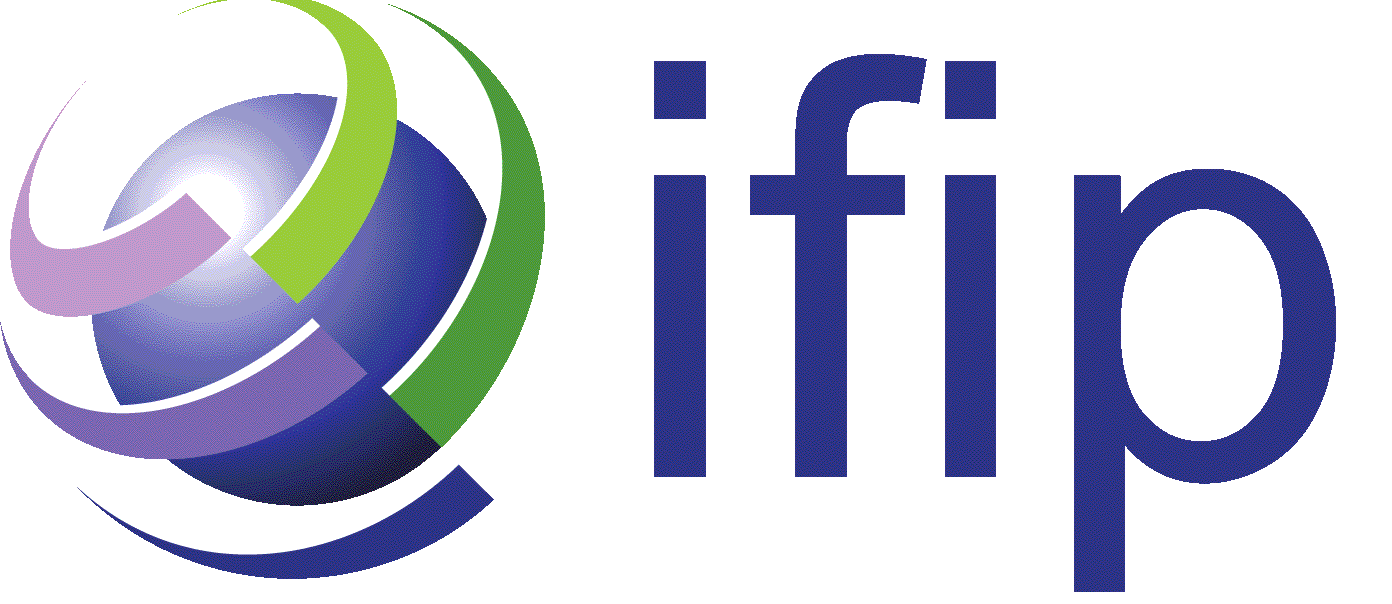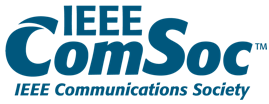2nd International Workshop on High-Precision Networks Operations and Control (HIPNET 2019)
Please download the HiPNet CFP flyer here: 
Please note: Paper Submission - August 5 August 23, 2019
Scope
New waves of networked applications continue to push the limits of what is possible with networks today. Augmented Reality and Tactile Internet require ultra-low latency measured in single-digit milliseconds. Requirements of Industrial Internet applications that involve real-time industrial control are even more stringent and tolerate no jitter at all. Compounding this situation is the fact that many of those applications are mission-critical and cannot afford any loss in connectivity or even single packets. Collectively, these applications require High-Precision Networks that are characterized by very stringent service level boundaries and associated guarantees that border on determinism. This requires a rethinking of many of the principles underlying existing "Best Effort" internetworking technology.
Various approaches are emerging that try to tackle those challenges. Data centers with fixed topologies and a constant number of hops rapidly replace conventional routing and more general Internet topologies. Networks are becoming more programmable to allow to custom-tailor and optimize treatment of packets and flows. Related technologies range from Service Function Chaining to Network Slicing to SDN. One overarching question concerns how these technologies can be harnessed and what additional approaches are needed to be able to actually deliver on High-Precision Networking. This will involve advances over a wide range of areas, such as programming and processing of packets in the data plane, high-precision measurements and telemetry with nanosecond accuracy at scale, control interfaces and ultra-low latency control loops to optimize service levels, as well as advances in the related platforms and algorithms that allow for their management and control.
The workshop aims to provide a forum for researchers, students and professionals from industry and academia to discuss challenges and present work-in-progress and solution approaches to deliver on High-Precision Networks and their management and control.
Topics of Interest
Topics of Interest to the workshop include but are not limited to the following:
- Platforms to manage and operate high-precision networks and services, e.g. Industrial Networks, Tactile Networks, Augmented Reality (AR)
- Proof and validation of high-precision service level guarantees
- High-precision measurement techniques for ultra-low latency and jitter
- Service assurance for micro services, for service function chains
- Applications for Inband Network Telemetry and iOAM
- High-precision networking using service function chaining
- In-network service level tuning and optimization
- Novel network programming models with applications in high-precision Networking
- Applications of Artificial Intelligence for high-precision networking
- Time-Sensitive Networking (TSN) interconnect and wide-area TSN; IP and TSN convergence
- SDN applications for high-precision, high-performance networking
- High-precision networking over 5G
- High-Precision networking services using Fog and Edge Computing
- Deployment and operational experiences with Industrial Internet, Tactile Internet, networked AR
Submission of Papers
Authors are invited to submit original unpublished papers that are not already under review elsewhere. Submissions will be subjected to a peer-review process. Papers should be prepared in IEEE 2-column format and must not exceed 6 pages. Short papers are accepted as well and must not exceed 4 pages.
Papers have to be submitted electronically in PDF format through the EDAS conference management system, accessible via the following link: https://edas.info/N26240
Important Dates
| Paper Submission: | August 5, 2019 |
| Notification: | September 15, 2019 |
| Camera Ready: | September 16, 2019 |
| Workshop: | October 25, 2019 |
Proceedings
Papers accepted and presented at SR+SFC will be published open access on the conference Web site with IFIP copyright, and will be submitted for possible inclusion in IEEE Xplore, ACM and IFIP Digital Libraries. To be published in the Workshop Proceedings and to be eligible for publication, at least one author of an accepted paper is required to register and present the paper at the workshop. The organizer reserves the right to exclude a paper from distribution after the conference (including its removal from IEEE Xplore) if the paper is not presented at the conference.
Workshop Co-Chairs
- Raouf Boutaba, University of Waterloo, Canada
- Alexander Clemm, Huawei, USA
- Mohamed Faten Zhani, ÉTS Montreal, Canada
Technical Program Committee
- Toufik Ahmed, University of Bordeaux, France
- Frank Brockners, Cisco, Germany
- Prosper Chemouil, Orange Labs (retired), France
- Jiasi Chen, University of California at Riverside, USA
- Uma Chunduri, Huawei, USA
- Filip De Turck, Ghent University – imec, Belgium
- Lijun Dong, Huawei, USA
- Jerome Francois, INRIA Nancy Grand Est, France
- James Hong, POSTECH, South Korea
- Young-Tak Kim, Yeungnam University, South Korea
- Rami Langar, University Paris Est Marne-la-Vallee, France
- Deep Medhi, University of Missouri – Kansas City, USA
- Roberto Riggio, FB CREATE-NET, Italy
- Rolf Stadler, KTH Royal Institute of Technology, Sweden
- Massimo Tornatore, Politecnico di Milano, Italy




